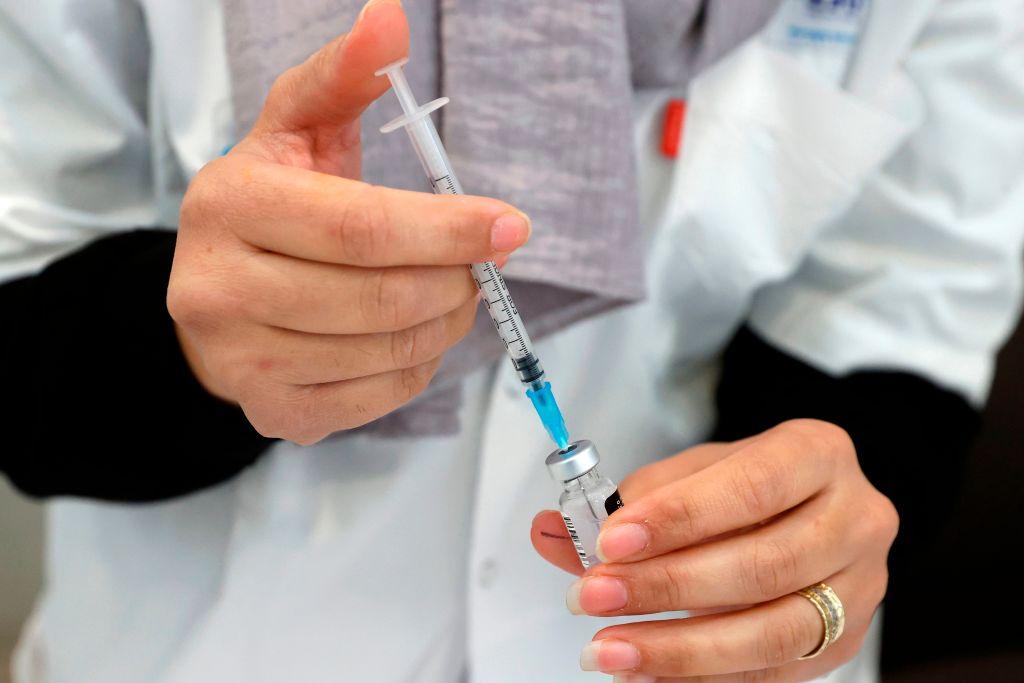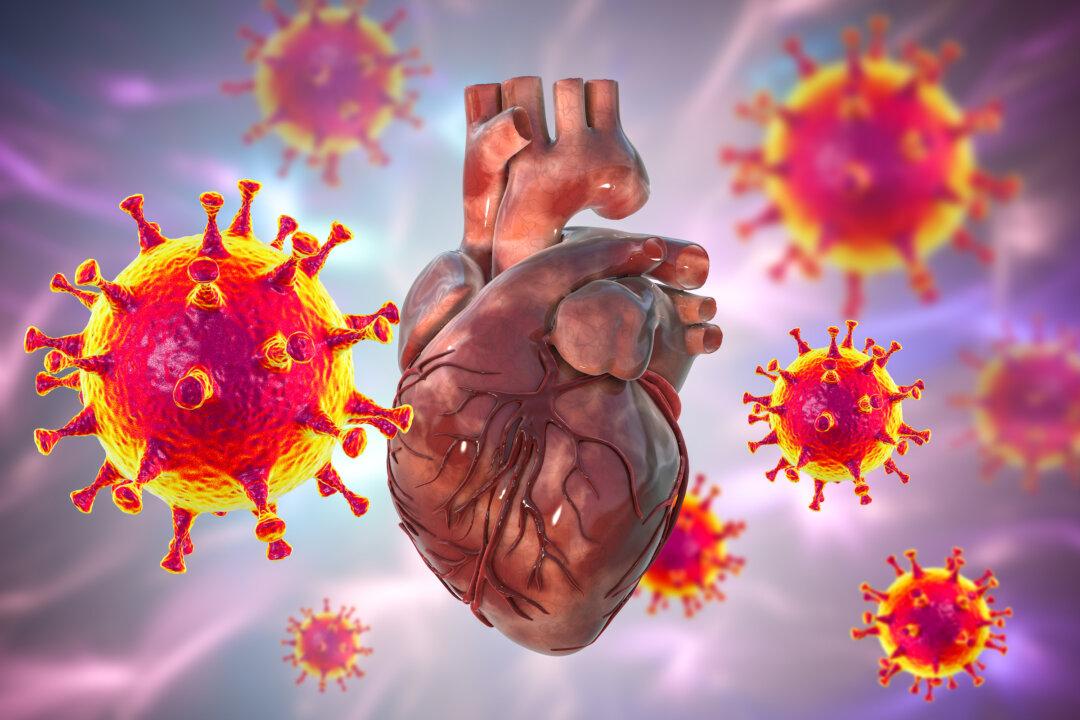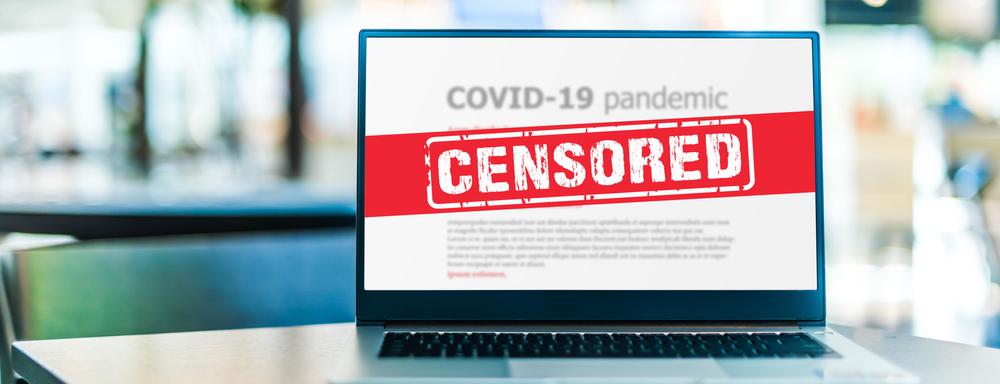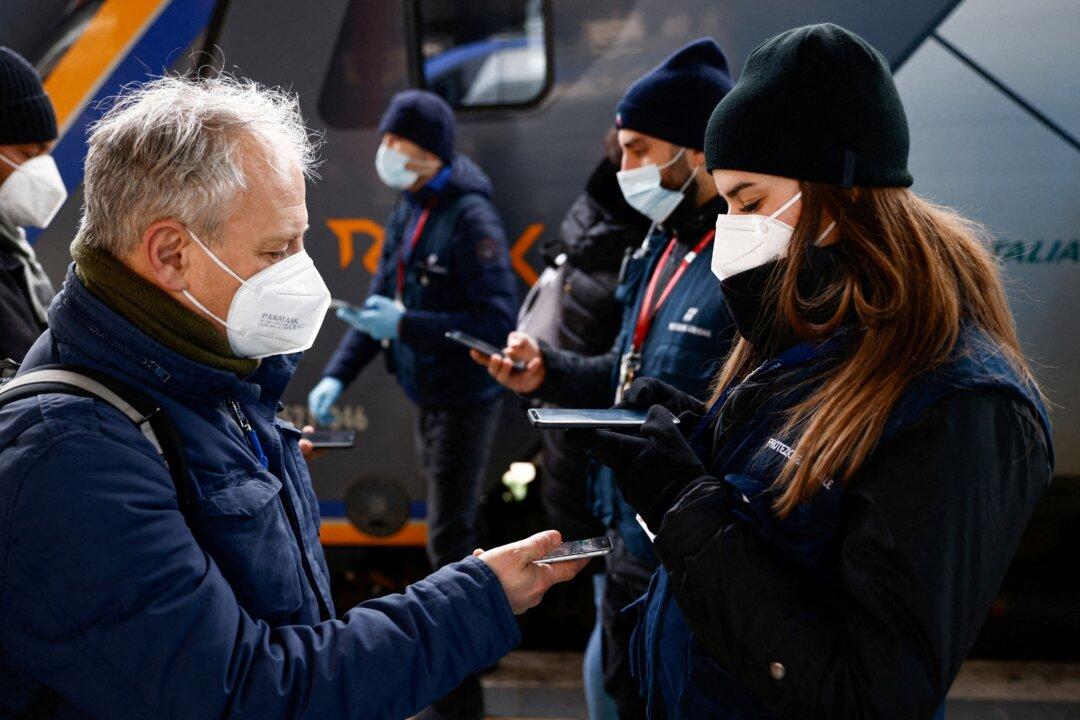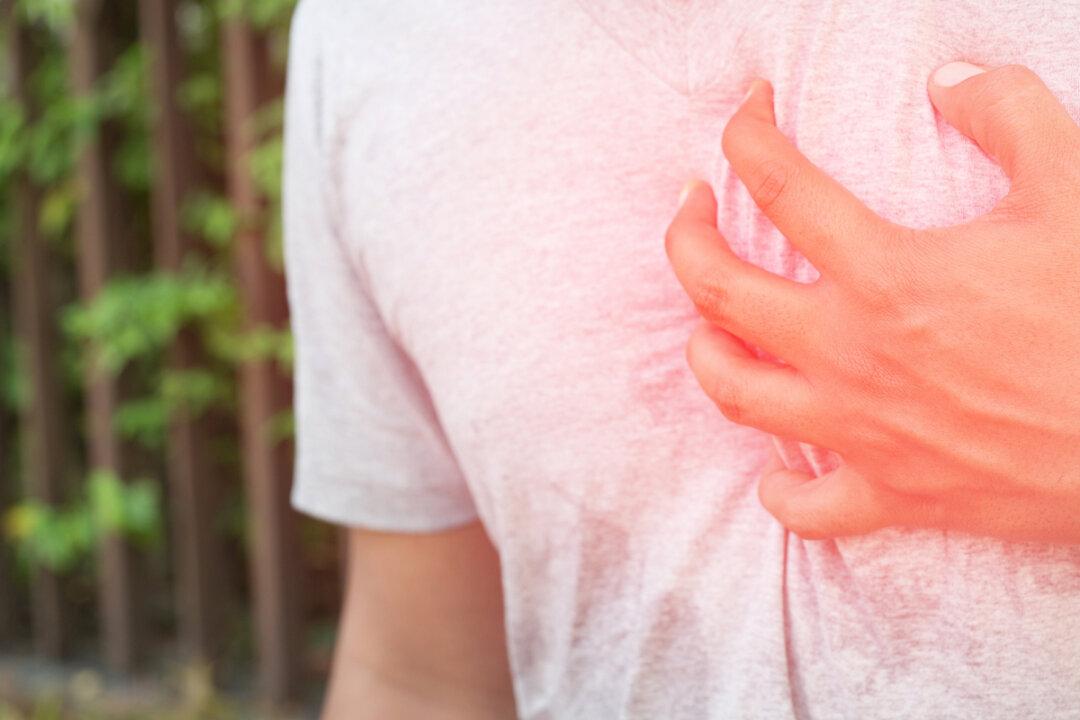Commentary
Vaccine myocarditis—deemed a vastly exaggerated risk used to promote anti-vaccine hysteria—has been demonstrated in a multitude of studies to be an alarming population-level risk in men under the age of 40. The rates of vaccine myocardial injury in young men are consistent in peer-reviewed studies across the world (Canada, Hong Kong, Norway, etc.).
